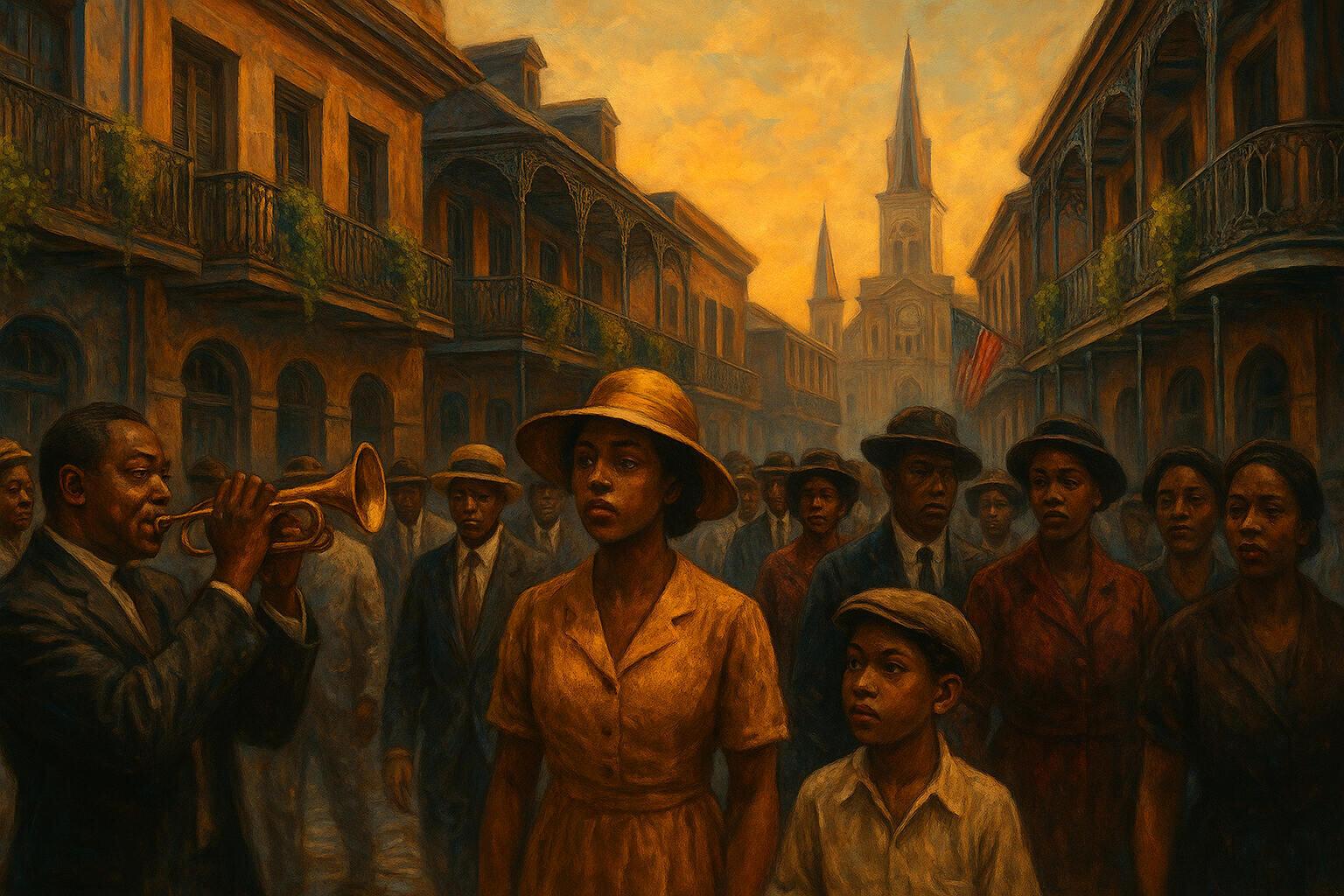5. Plessy v. Ferguson: A Case Born in New Orleans

In 1892, New Orleanian Homer Plessy boldly challenged segregation by boarding a whites-only train car, igniting a legal battle that reached the Supreme Court. The resulting Plessy v. Ferguson decision legalized “separate but equal” across the nation, entrenching Jim Crow laws for decades. Yet, this pivotal case also galvanized future generations of activists. As detailed on Oyez, Plessy’s courageous stand in New Orleans would ultimately help lay the legal groundwork for the modern civil rights movement.





























